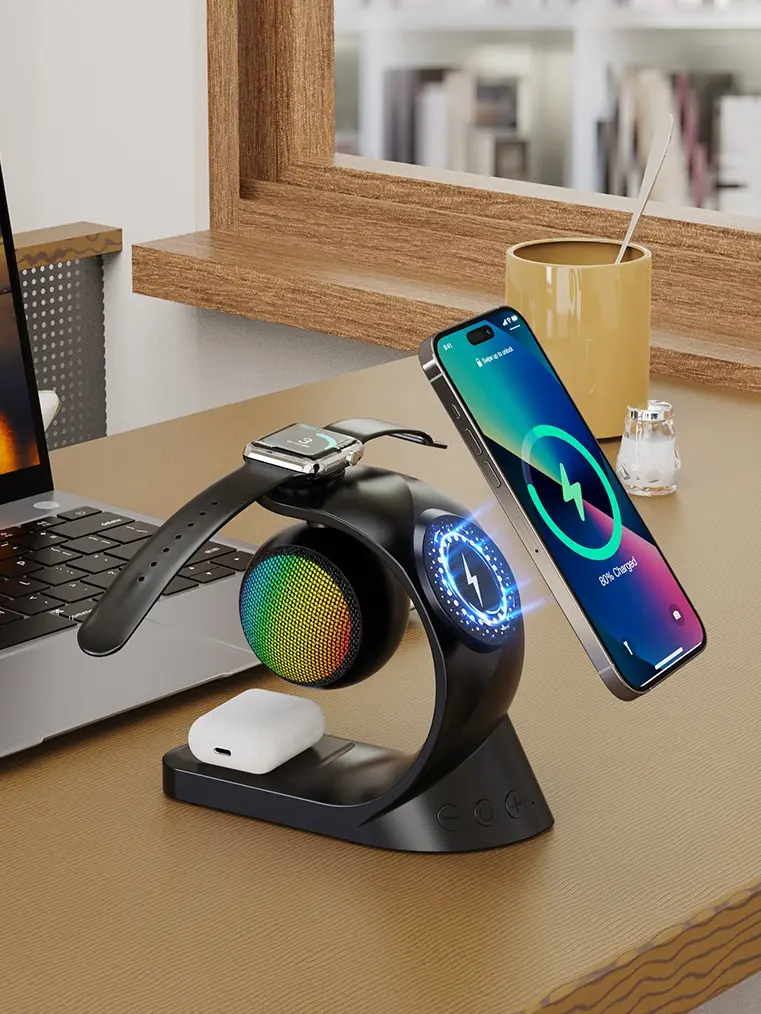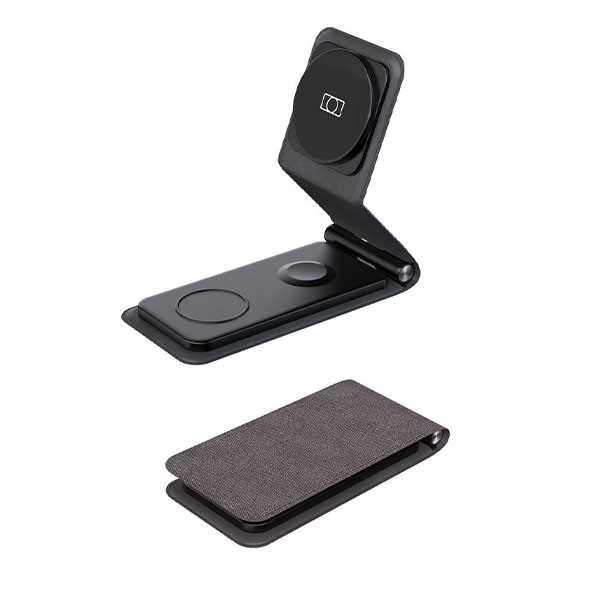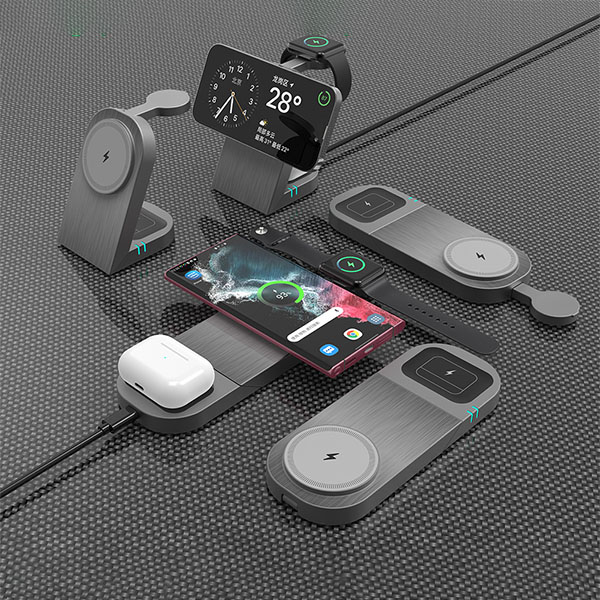Wireless charging has become one of the coolest tech advancements in recent years. The convenience of simply placing your device on a pad instead of fumbling with cables is hard to resist. But as with any new technology, people naturally have questions—especially when it comes to safety. Is it safe for your device? Your health? Your wallet? Let’s dive in and answer all those burning questions about wireless charging safety.

The Rise of Wireless Charging: A Quick Intro
Wireless charging uses electromagnetic induction to transfer energy from a charger to a device. It’s been around for over a decade, but recent advancements have made it faster, more efficient, and widely compatible with modern gadgets. Despite its popularity, concerns remain about radiation, battery health, and long-term risks. That’s what we’ll explore today.
Understanding the Safety of Wireless Charging
Radiation Concerns: Is It Harmful to Humans?
Let’s start with the big one—radiation. Wireless chargers emit electromagnetic fields (EMFs) to transfer energy. While “radiation” might sound scary, it’s essential to know the type and level involved.
Low-Level Radiation: Wireless chargers produce non-ionizing radiation, similar to Wi-Fi and Bluetooth. This type of radiation doesn’t damage DNA or tissues. Studies have found the radiation levels are well below safety limits set by organizations like the World Health Organization (WHO).
Prolonged Exposure: Even with constant use, the emitted radiation from wireless chargers is negligible compared to everyday devices like cell phones or microwave ovens.
In short, unless you’re sleeping on a wireless charging pad (which you shouldn’t be!), it’s not a health hazard.

Device Safety: Will It Damage My Battery?
This is a valid concern. After all, we’ve all heard horror stories about overcharging or overheating ruining expensive gadgets. So, what’s the truth?
Battery Health: Wireless charging doesn’t inherently harm your battery. Modern devices are equipped with intelligent charging circuits that regulate power flow, preventing overcharging.
Heat Concerns: Wireless charging generates more heat than wired charging because of energy loss during transmission. While excessive heat can degrade batteries over time, most quality chargers include temperature control features.
Comparison to Wired Charging: Traditional charging might be slightly more efficient, but the difference isn’t significant enough to make wireless charging dangerous for your device.
Safety in Different Use Cases
Not all environments are created equal, so let’s break down the safety of wireless charging in common scenarios.
At Home: Perfectly safe when you use certified chargers and place them on stable surfaces. Avoid using near water or flammable objects, just like with wired chargers.
In the Car: Wireless chargers in cars are designed for short-term use and generally safe. However, poor-quality chargers can overheat in hot vehicles, so invest in a reputable brand.
In Public Spaces: Charging stations at airports or cafes are usually safe but carry the risk of data theft via embedded malware in USB ports (a practice called “juice jacking”). Stick to wireless-only pads to avoid this risk.

Choosing a Safe Wireless Charger
Not all wireless chargers are created equal. Choosing the right one is key to ensuring safety for both you and your device.
Look for Certifications
Always check for safety certifications like:
Qi Standard: The universal wireless charging standard ensures compatibility and safety.
FCC/CE Compliance: Guarantees the charger meets international safety and performance standards.
Pick Trusted Brands
While cheap chargers may save you money upfront, they can carry risks like overheating or erratic power delivery. For peace of mind, it’s recommended to choose a trusted brand.
Prioritize Safety Features
Features like overheat protection, automatic power cut-off, and foreign object detection are non-negotiable for a safe charging experience.

Common Questions About Wireless Charging
Let’s address some FAQs to clear up lingering doubts.
1. Does wireless charging shorten battery life?
No, as long as you use certified chargers, your battery’s lifespan won’t be affected. The key is avoiding excessive heat, which degrades batteries faster.
2. Is wireless charging less efficient than wired charging?
Yes, wireless charging loses more energy as heat compared to wired charging. However, the convenience often outweighs the minor loss in efficiency.
3. Does wireless charging harm your health?
Nope! The radiation levels are minimal and completely safe for everyday use.
4. Can I leave my device on a wireless charger overnight?
Yes, modern chargers and devices have safeguards to prevent overcharging. Still, it’s a good habit to unplug once your device is fully charged.
5. Does it work with all devices?
Only devices compatible with the Qi standard can use wireless charging. Check your device’s specs before buying a charger.
Final Thoughts: Is Wireless Charging Safe?
Absolutely! When used correctly, wireless charging is safe for both humans and devices. The key lies in choosing certified, high-quality chargers and following common-sense usage practices. While it might not replace wired charging entirely, it’s a convenient, reliable, and modern alternative.
Pro Tips for Safe and Effective Wireless Charging
- Use chargers with Qi certification.
- Avoid placing metal objects (like coins or keys) on the charging pad.
- Keep your charger clean and free from dust.
- Don’t charge in extreme temperatures.
Wireless charging is here to stay, and with the right knowledge, you can enjoy it safely and confidently!

